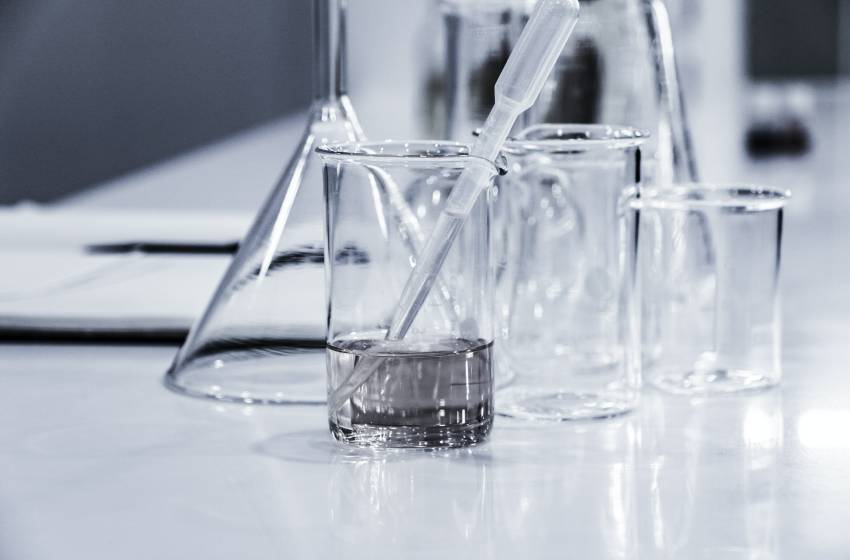Fundamentals Of A Science Experiment

Before going in-depth with the fundamentals of science experiments, it is essential to understand the basics of an experiment. An experiment is the process of testing with the aim of explaining the reality of establishing the accuracy of a hypothesis. Although experiments may vary in their goals, they always rely on the logical analysis of results. A student in 6th standard may carry out a simple experiment to know the nature of gravity but a team of reputed scientists may take several years to understand the phenomenon of gravity in depth.
The experiment is the scientific method that helps people to decide between two or more explanations. Such small activities are important in explaining the phenomenon clearly to students. For example, consider the hypothesis that ‘if a ball is released, it will fall on the ground’. This hypothesis can be tested by performing an experiment by dropping a ball and observing the results. Once a hypothesis is confirmed, an experiment is performed and the outcomes of experiments are analyzed to confirm the accuracy of the hypothesis. In short, this is a way to test a theory or idea.
Table of Contents
Basics of Science experiments
Although most of the experiments are carried out in laboratories, it is not a mandate and one can also perform an experiment anywhere if one has proper resources. However, since most of the science experiments are strung with a series of precautions, it is better to perform them in laboratories. Performing an experiment involves the following steps:
- Make observations
- Create a hypothesis
- Plan and carry out an experiment to test the hypothesis
- Assess the outcomes of the experiment
- Refuse or accept the hypothesis
Meaning of variables in an experiment
A variable is anything that you can change in an experiment. Pressure, temperature, the composition of a material, duration of the experiment, amount of light, etc. are some of the common examples of variables.
Types of variable
The different types of variables are constant variables, dependent variables, and independent variables.
- Constant variables remain unchanged. For example, if you are doing an experiment to know the effect of different chemicals on plants, you have to maintain the same pressure as well as the volume when spraying out different chemicals on the plants.
- Independent variables are the factors that you change. During an experiment, you try to change one factor at a time. This helps in making the interpretation of the data easier. For example, if you are doing an experiment to find out whether heating permits you to dissolve more sugar in water. In this case, the independent variable is the temperature of the water because you will change this variable to see the changes at different temperatures.
- Dependent variable is the variable that you keep under observation to find out whether it is affected by your independent variable. In the above experiment, you are changing the temperature of water to see whether it affects the amount of sugar you can dissolve. Hence, the mass of sugar would be the dependent variable in the above experiment.
Types of Experiments
- Controlled experiments: Although you can perform controlled experiments outside a lab, the controlled experiments are carried out in labs. In this, you compare an experimental group with a control group; both of these groups are the same except for one variable which is the independent variable.
- Natural experiments: A natural experiment involves making a hypothesis and then gathering data through observation. A natural experiment does not contain any controlled variable.
- Field experiments: These experiments may either be controlled experiments or natural experiments. They are carried out in real-world settings instead of labs.




